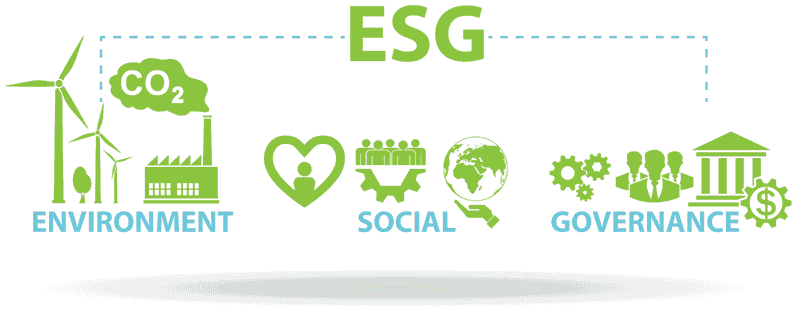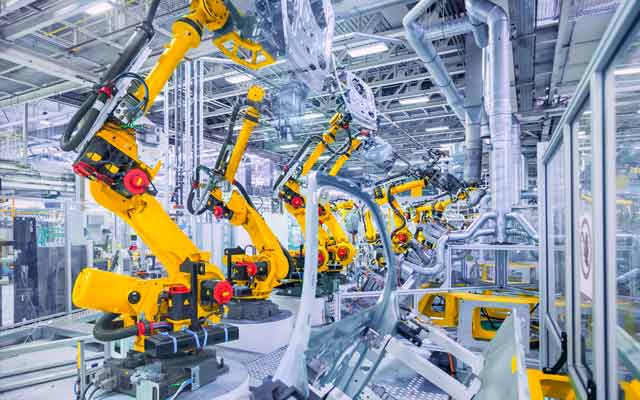There is a quiet revolution going on in the institutional investment world. It’s a comprehensive, if delayed, response to climate change and to social drives for greater equality. In the institutional investment world, this is encapsulated in one three letter acronym – ESG (Environmental, Social and Governance).
The bottom line is that within the next few years all publicly listed businesses (and eventually all businesses seeking external funding full stop) will need to be able to not only tell a positive ESG story but track specific ESG progress measures and report iterative improvements in those key measures whenever they submit their financial results.
Institutional money is flowing into ESG-rated companies and funds at a dizzying pace so that by 2025 Bloomberg predicts ESG assets under management globally will reach $50 trillion. This ESG agenda means that many businesses will be required by their shareholders (and other key stakeholders) to broaden their focus from maximising profits, to contributing towards greener, more sustainable, equitable and safe places.
How does this impact the world of construction and development?
We are already detecting changes in the construction, property management and real estate firms in general, perhaps more than many industries, because there is so much that can be done to reduce the carbon footprint of a new apartment block, while turning urban regeneration projects into a force for good within communities. Construction firms, architects and designers are increasingly setting out to build safe, pleasant communities with plenty of space to meet, play and enjoy yourself. Or as one paper we read published by the real estate giant JLL summarised:
“…factors that meet the needs and requirements of local businesses, customers and residents are now playing a bigger part (in large scale developments). These include the look and feel of a place, the experience it provides, how well connected it is, the environmental impact, its positive contribution to society and to people’s health and wellbeing – all of which can add significant value.”
The talk has no longer been about ever denser urban living but about ‘placemaking’, creating pleasant and attractive neighbourhoods in our urban areas. The major name construction firms are beginning to walk the ESG talk, even demanding better ESG performance of their sub-contractors and suppliers throughout their supply chains.
The importance of smart technologies in ESG investments
Smart technologies can play an important role in enabling many of these factors: from providing better digital connectivity in the public realm, to state of the art virtual concierge services in newly built residential areas. In terms of environmental impact, it will be important for builders to focus on reducing carbon emissions associated with key construction materials like steel, concrete and wood. However, once built and occupied, smart systems can enable city managers to keep track of crowds, traffic and incidents, as well as air, water, noise and light pollution levels in these regenerated areas, ensuring the neighbourhood is meeting the high quality of life standards that are now required.
Extending the concept of building to protecting and improving the health, wellbeing and safety of those living, working or visiting these regenerated places, brings us to the new Protect Duty requirements for companies building and managing large public spaces and venues.
As we discussed in previous articles, Smart Place Thinking in Regeneration Projects and Protect Duty Impact on Public Spaces, many of the smart systems that are being put into these newly regenerated public spaces can also be used to help landlords, estate managers and security teams to discharge Protect Duty requirements.
Smart systems can help spot and prevent terrorist threats and, if the worst happens, provide incident response teams with better tools and higher quality information with which to make better decisions faster, thereby limiting the impact of a terrorist attack and saving lives.
That’s why businesses with connected technologies’ knowhow, like NW Security Group, are working with developers during planning and construction, as well as continuing to work with security and facilities management teams once the cranes have left. Together we can help deliver positive ESG-led shifts in community building while keeping residents, businesses, and visitors alike safe in our enjoyable, regenerated public spaces.





